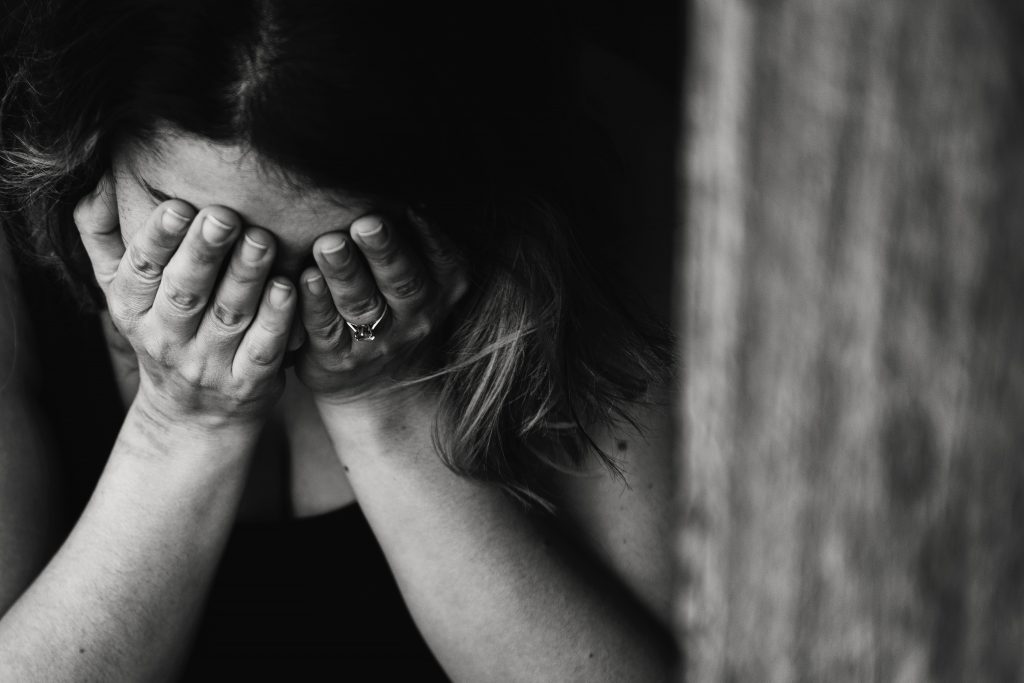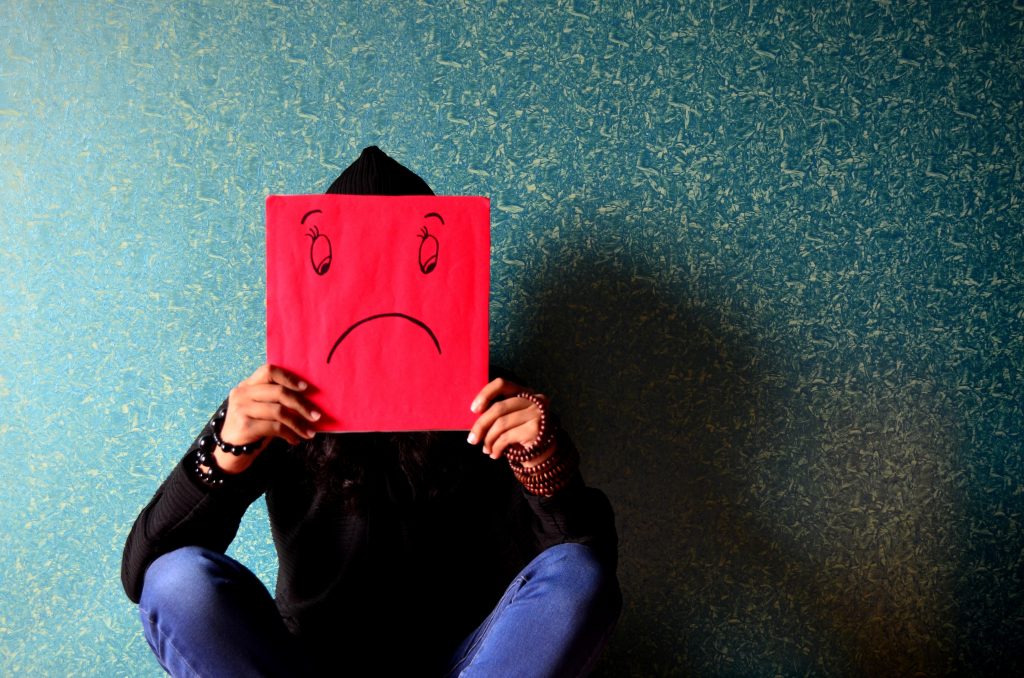Are You Mad? Do You Not Like Me Anymore?
Hearing voices in my head convincing me “You’re not good enough, you’re a failure, and no one will ever like you.” “How could I possibly start the day? How can I face everyone at school or work? I’ll just stay in my bed, its safe here.” These thoughts are just some of the small contributing factors to the daily struggle for those battling with social anxiety and low self-esteem.
The textbook definition of Social Anxiety is:
An individual whom struggles with everyday social interactions causing irrational anxiety, fear, self-consciousness, and embarrassment. Symptoms may include: excess fear of situations in which one may be judged, worry about embarrassment or humiliation, or concern about offending others.
After reading this definition, one might think “oh it’s just people feeling embarrasses or shy.” However, the way these symptoms manifest are different person to person and what goes on within that individual can be a result of various traumas such that we could not even imagine. The forms of trauma one may experience and how they alter their perception of the world are:
Emotional/Mental Trauma: “Everyone is out to get me or I’m not good enough.”
Sexual Trauma: “Someone will always want to hurt me or use me.”
Physical Trauma: “I’ll always have to look over my should, I cannot trust anyone.”
And this is not saying one who struggles with Social Anxiety “has” to experience one of these forms of trauma. Nor does it claim that those who Survive (my belief is we are all survivors not victims, but to each their own), these traumas “have” to struggle with Social Anxiety. These are just some common contributing factors in addition to many more. Other considerations can be bullying, neglect, abandonment, etc.
But put yourself in their shoes, imagine waking up every morning fearing the day and worrying that if you make one small mistake, the whole world will collapse. How heavy of a burden for one to bare and in the process feeling alone and unsupported. All just to get back home safely at night, just to dread it all starting over again the next day. Now, this is depicting more of a severe case, but even with mild to moderate cases, once they’re triggered the same severity of the feelings can come flooding in. Even the most socially extroverted of persons can have moments of social anxiety. Examples I’ve come across are: being unable to have alone time because they fear their friends hate them so they have reach out for validation, some cannot socialize with new people without familiar faces, and others ‘freeze’ when being called upon or have to complete a task on their own; they often use the ‘buddy’ system as a disguise.
Now that we have a better idea on how it manifests, how do we help? Typical forms of treatment for social anxiety are a combination of talk therapy and if needed medication management. Both forms are used to help regulate emotions and over time, with practice, can increase confidence in social settings. In conjunction with Talk therapy, exposure work is very helpful; this teaches clients to identify what is triggering them, formulate a plan to face it, face the situation/ thought in gradual steps, repeatedly, and over time realize the trigger loses its power. This ultimately decreases the anxiety for the experiencer and helps them realize how irrational the fear(s) are.
It is great when an individual seeks help with support or on their own, but as a society we can do more by increasing empathy and understanding. Today we are accustomed to always being on the move, finding the fastest way from point A to B, and being more self-focused. Take time to slow down and recognize when someone is struggling, if they are shy, nervous, stumbling over their words, scare to respond, or frantic, don’t take that as a sign they are getting in your way, but that they are genially in need. If you were in distress, you’d appreciate someone lending out a helping hand. In addition, learn what it is to be a supporter and not an enabler, there is a fine line between help and hindering. Be cognizant of the warning signs.
What we fail to recognize is those who struggle with Social Anxiety, are constantly having intrusive thoughts such as “Are you mad? Do you not like me anymore?” screaming in their heads and they whole-heartedly believe it. Be patient, self-reflect, and continuously self-evolve.



